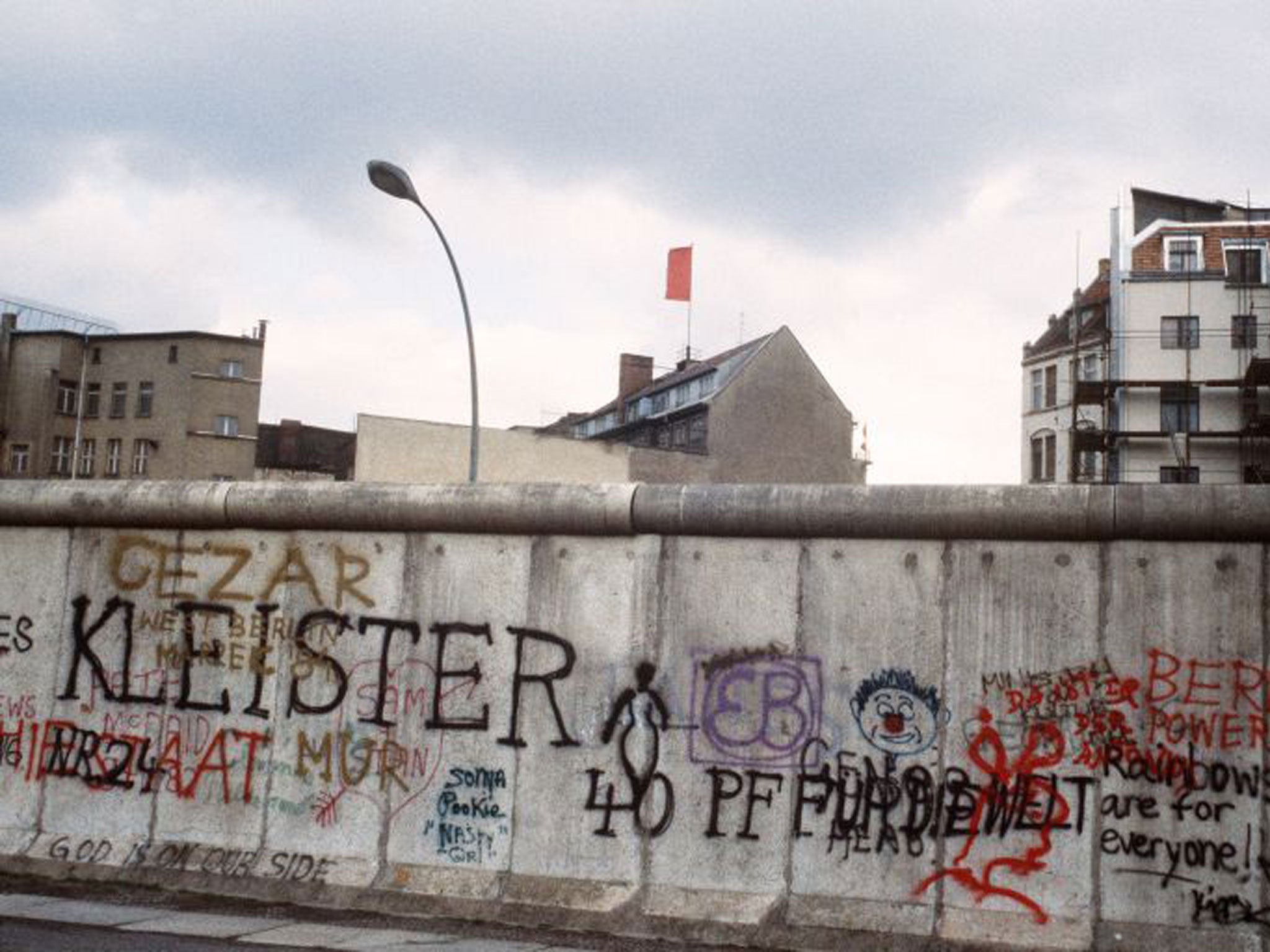Red Love: The Story of an East German Family, By Maxim Leo, trans. Shaun Whiteside
An illuminating look at life behind the Berlin Wall

“I never felt as close to the GDR as I did after its downfall,” Maxim Leo remarks, pondering the paradox that in the final years of the East German state he had felt “a Westerner”, even pretending with friends that they were tourists from the West.
Whereas, years after the fall of the Wall, the East clings to him still. His is a personal quest to make sense of what the GDR meant to a child and young man, how it shaped the fortunes and relationships within his family, and what it was to be “German” from the 1920s to the era of the divided country. Leo remembers childhood games in the 1970s with a particular East German flavour. Behind the wheel of grandfather Gerhard’s exotic Citroën, he was Erich Honecker’s chauffeur; “Escape to the West” was a game for four kids and a climbing frame. How different was his childhood to that of his parents. His father, Wolf, remembers post-war Berlin as an exciting playground. His gang scaled piles of rubble and made dens in abandoned basements. With few trees left in Berlin, and no fuel – his mother gathered kindling and dug for turnips – there was also cold and hunger.
Wolf’s own father, a prisoner of war, returned, bringing elation, then beatings, then “citizenship lectures” as the soldier-turned-teacher found an anchor in GDR ideals. Deciphering whether this grandfather was a Nazi sympathiser, Maxim listens with some scepticism to his grandmother’s descriptions of those happiest years in their marriage: swimming, dancing, gymnastics.
How different again the childhood of his mother’s father, regarded as a hero of the French Resistance and the GDR. Some beautiful passages relate to grandfather Gerhard’s childhood – and his rude awakening to adulthood. There were the idyllic years in provincial Rheinsberg. Schubert and Lieder were sung round the grand piano; books discussed; debate encouraged. In a striking detail, Gerhard’s father Wilhelm made an enemy of Joseph Goebbels in the 1920s when he proved in court that Goebbels’s club foot had been there since birth, not the result of French military torture. The consequences were felt in 1933. The “Jewish traitor” and his family fled to Paris and so began Gerhard’s path into his lifelong love of French, his attachment to the communists, the Resistance and journalism.
Winner of the European Book Prize, Red Love offers an engaging exploration of the complex decades that caused families to become strangers to one another, and a refreshing response to the deceptively simple question: “What was it like?”
Join our commenting forum
Join thought-provoking conversations, follow other Independent readers and see their replies
Comments
Bookmark popover
Removed from bookmarks